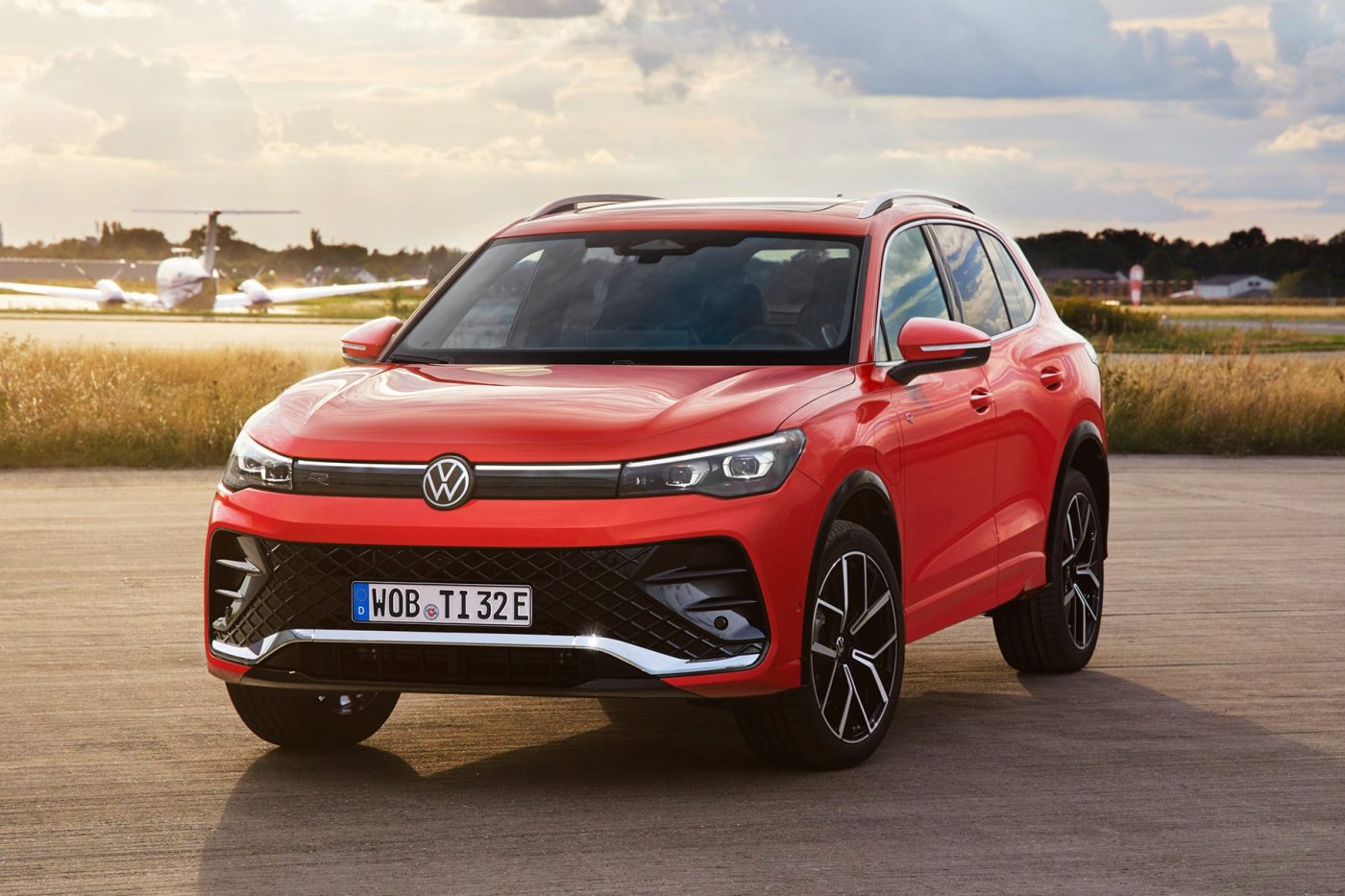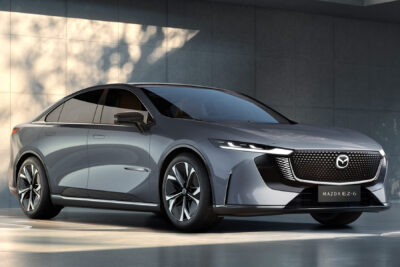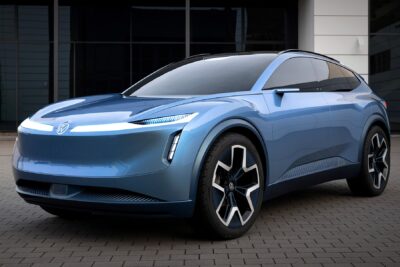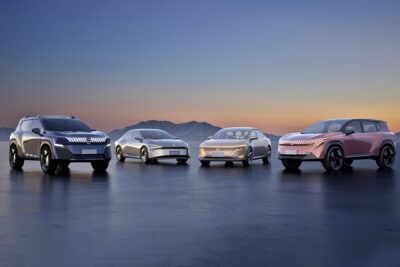VW presents the third Tiguan generation
VW has presented the new edition of its bestseller Tiguan. As announced, the third generation of the compact SUV is to achieve purely electric ranges of around 100 kilometres with its new plug-in hybrid drives (eHybrid). In addition, AC charging will become faster in all eHybrid versions (three-phase with 11 kW) and DC fast charging will be possible as standard for the first time.
The PHEV drive corresponds to that in the Passat Generation 9 presented before the IAA Mobility: the 1.5 TSI with 110 kW takes over the combustion engine part, coupled with a six-speed dual-clutch gearbox and an electric motor. This means that two performance levels with 150 or 200 kW system output are offered. VW has not yet disclosed details on the battery size and the exact e-range, but there is only talk of more than 100 kilometres.
“The compact SUV is a very important model for the company and the Wolfsburg location, an absolute bestseller across the whole world. A total of 7.6 million customers have purchased our compact SUV since its debut in 2007,” commented Thomas Schäfer, CEO of Volkswagen Passenger Cars.
When it comes to the bodywork, VW speaks of a “completely new design”, but the Tiguan is nevertheless quickly recognisable as a Volkswagen. Some elements, such as the black and closed strip with the brand logo between the headlights, are inspired by the ID. models. At the rear, the Tiguan picks up the design language of the smaller T-Cross (again with a black strip between the tail lights), but the elements are adapted to the somewhat more angular Tiguan design.
The new Tiguan grows in length by about three centimetres, from 4.51 to 4.54 metres. Height, width and wheelbase remain almost identical to the predecessor. Despite the hardly changed dimensions, the boot volume (up to the height of the rear seat backrests) increases by 37 litres to 652 litres, which means that the Wolfsburg company is talking about good space utilisation.
The interior features the latest VW technology: the MIB4, the latest generation of the modular infotainment system. The XX-inch infotainment touchscreen is familiar from the revised ID.4, the multifunction steering wheel with buttons instead of touch surfaces from the Passat. Instead of the small cockpit display of the ID. models on the steering column, there is a larger “Virtual Cockpit” with glare protection in the Tiguan.
The adaptive chassis control DCC or the optional version DDC Pro with two-valve dampers also comes from the MQB evo technology module. The standard “Driving Dynamics Manager” (known from the Golf GTI) controls the functions of the electronic differential locks (XDS) and the lateral dynamic components of the dampers, which are controlled in the case of the DCC Pro. “Wheel-specific brake interventions and selective changes in damper stiffness result in more comfort and a performance plus during dynamic cornering. The handling characteristics thus become more stable, agile and precise,” says VW.
The new Tiguan will roll off the production line in Wolfsburg from autumn 2023 and go on sale in the first quarter of 2024. Volkswagen is not yet naming prices for the premiere of the model, but this will be done before the market launch.
The Tiguan based on the MQB evo will not be offered in purely electric form, but an E-SUV of this size (below the ID.4) is being planned: as reported, a new purely electric model will be produced at VW’s main plant in Wolfsburg from 2026, which will be roughly the size of today’s Tiguan and based on the Group’s enhanced MEB+ modular system.”
Update 23 February 2024
VW has announced the Europe-wide market launch of the new Tiguan. The plug-in hybrid drives (eHybrid) in the two above-mentioned power levels 150 and 200 kW are also available to order with immediate effect. The Tiguan eHybrid with 150 kW costs from 48,655 euros in Germany. Incidentally, VW now states a maximum electric range of 120 kilometres. The battery capacity for both variants is estimated at 19.7 kWh net and the DC fast-charging capability at up to 50 kW. VW does not yet state the price of the 200 kW version in its accompanying press release.
volkswagen-newsroom.com, volkswagen-newsroom.com, volkswagen-newsroom.com (update)






0 Comments